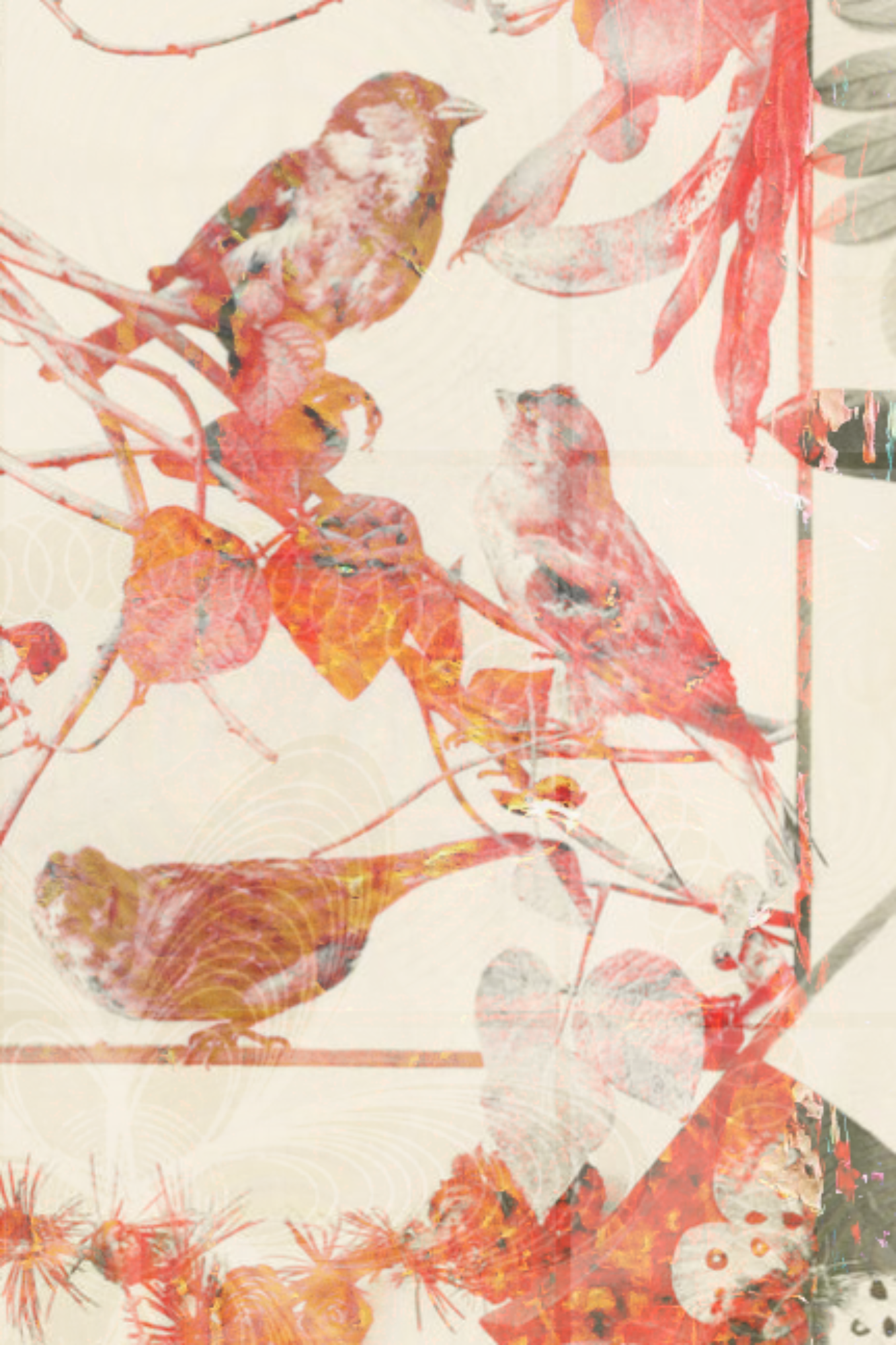What’s your creative process like?
I’ve learned to accept that my creative process is cyclical: short, intense periods of generation, followed by longer, drawn-out periods of editing and revising, concluded by an undefined period of rest. I used to fear that rest meant I was stuck in a creative block and in danger of losing my craft as I wasn’t “practicing” daily. I’ve since discovered that rest is critical and provides the nutrients supporting the other phases. I use that time for reading, observing, taking down bits of inspiration from waking life and dreams, engaging in deep reflection, and turning over questions to arrive at different answers.
Do you have a space dedicated to creative work? What does it look like?
As writing is not a lucrative or viable career choice, I have a regular, full-time gig that keeps me at a desk pushing paper forty hours per week. I, admittedly, steal time from my employer when my workload is light to refine poems and prose, and organize manuscripts and journal submissions. I prefer to generate ideas out in the wild, the analog way, when I don’t have outside obligations or responsibilities nagging at me. Though I have a dedicated work space in my home, I don’t use it often. I’m all about adaptability and flexibility: I write wherever and whenever I can.
Tell us about your path to writing or creating artwork.
In my twenties, I published music reviews and band profiles for magazines, for newspapers, and for radio. I secretly wanted to write poetry but believed I didn’t have anything worthwhile to say. So, I continued to support the work of those I admired instead of tapping into the courage and audacity needed to strike out on my own. When I got sober at age thirty, that desire to write became ever more urgent and I got braver about testing whether I was any good at it. I joined several writing groups, learned to employ the critiques that allowed me to hone my voice, sent my work out to journals (and got plenty of rejections), and, eventually, pursued an MFA in poetry at age thirty-six, publishing my first chapbook at that same time. Presently, I’ve become more involved in my city’s open mic poetry scene and have been sharing whatever knowledge and tips I’ve gathered freelance gigging as a creative writing instructor—I learn from my students and fellow writers constantly!
What keeps you motivated to create? Do you have any big dreams or goals for your work?
For me, the act of writing is one of continued discovery and surprise, and I find it absolutely thrilling to be guided by the unconscious and to uncover meaning. My next big goal is to complete a full-length poetry manuscript, as I’ve been tinkering with a series of poems that comprised the bulk of my MFA thesis for a few years now.
Cassandra Caverhill is the author of the chapbook Mayflies (Finishing Line Press, 2020). Her work has appeared internationally in journals across the US and Canada, most recently in The Coalition, Pagination, and Short Reads. Cassandra is a graduate of Bowling Green State University’s MFA program in poetry, and she teaches creative writing in her hometown of Windsor, Ontario.

